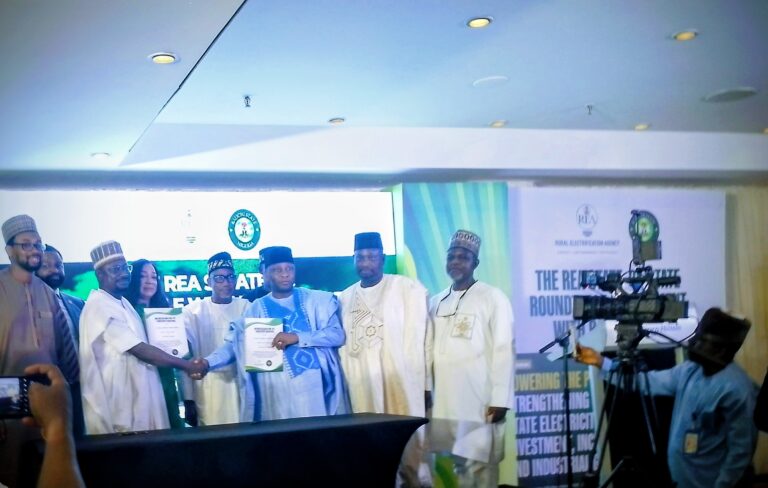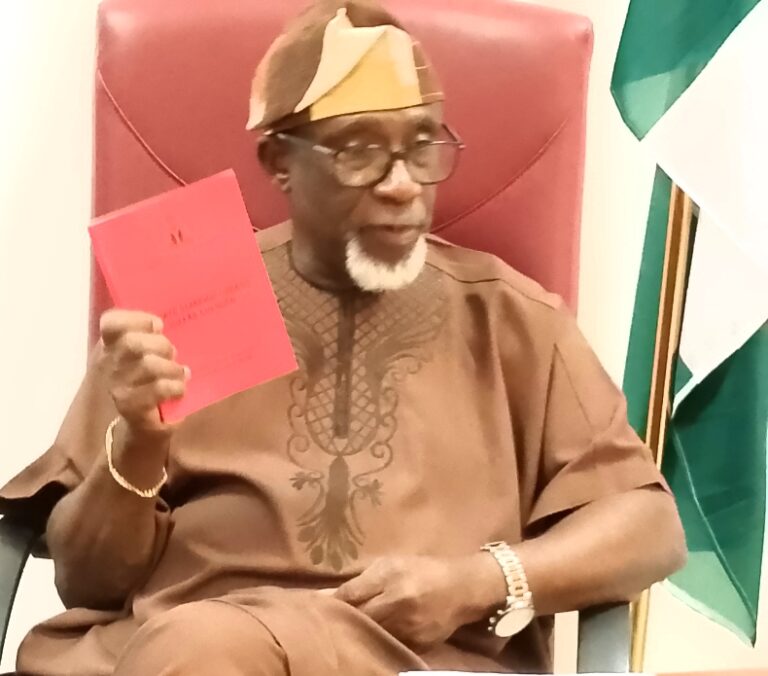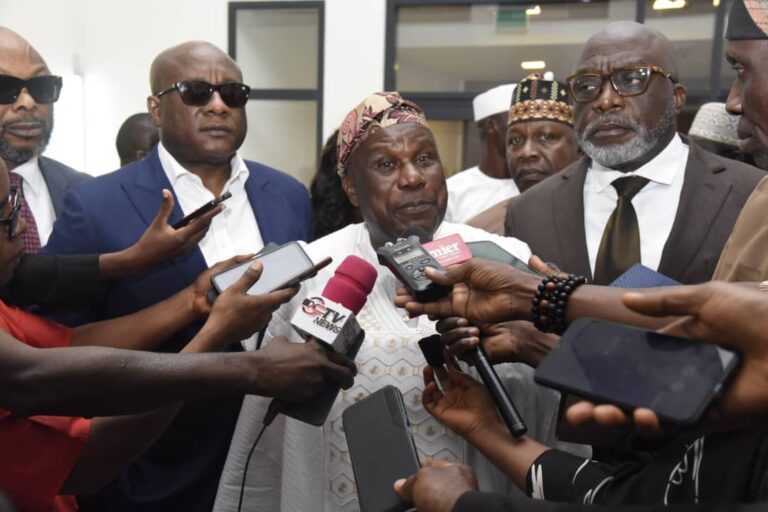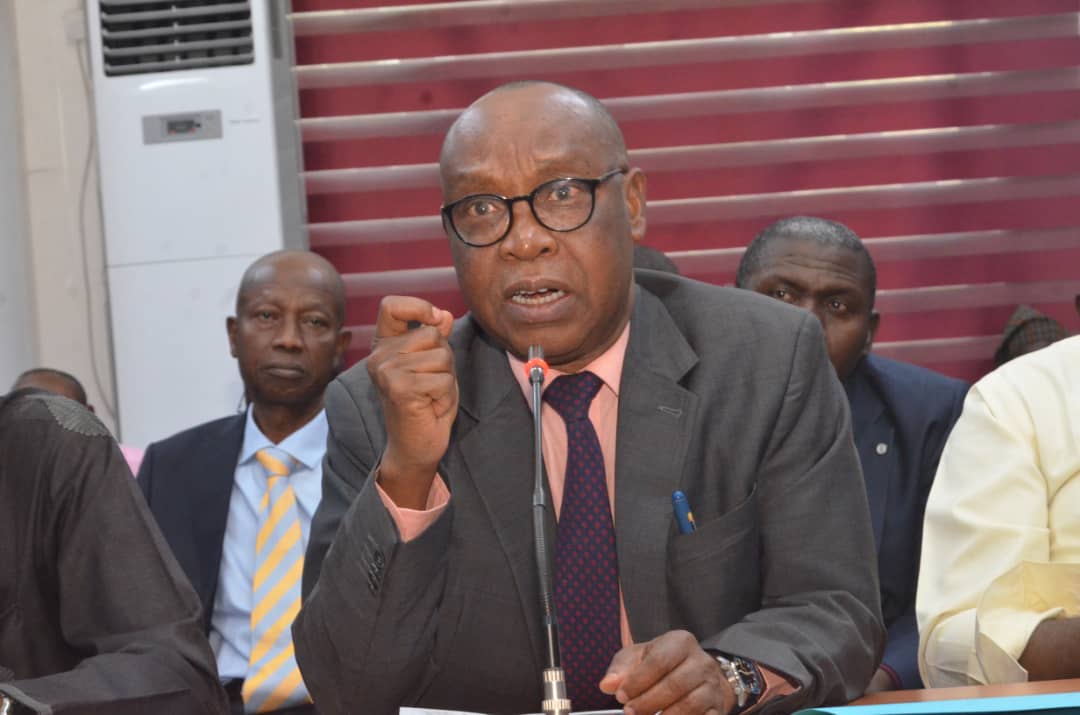
…Pledges to hold NNPC accountable over unremitted $8.5 billion profit
By Fatima Saka
The solid minerals sector in Nigeria is active, but is it contributing to government revenue? No. That was the key revelation made by Dr. Orji Ogbonnaya Orji, Executive Secretary of the Nigeria Extractive Industries Transparency Initiative (NEITI), on Monday before the Senate Committee on Public Accounts.
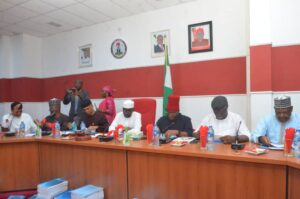
Speaking before the committee, chaired by Senator Ahmed Aliyu Wadada (Nasarawa West), Dr. Orji stated: “We speak for NEITI, and the report before you reflects the current realities of the sector. The concerns raised here are the same concerns we share.”
Following a series of inquiries, the committee found that despite ongoing activities in the solid minerals sector, revenue remittance to the government remains alarmingly low—less than a billion naira. The sector, the committee noted, has yet to contribute even 1% to Nigeria’s GDP.
Senator Wadada stressed the urgent need for reform, emphasizing that the problem is not a lack of laws but a failure of political will to enforce them.
“The legal framework is clear, and relevant agencies are in place. The National Assembly has fulfilled its role by passing the Petroleum Industry Act (PIA), but oversight must be more effective. The question is: how committed are we to ensuring compliance? How committed is the executive to enforcing transparency?” he questioned.
Rejecting the idea of creating yet another presidential committee, Wadada argued that existing institutions, such as the Federal Inland Revenue Service (FIRS), should be empowered to enforce compliance.
“Nigerians are suffering. We do not need additional bureaucratic layers or increased government expenditure. What we need is the full implementation of the PIA through a multi-stakeholder approach, with independent regulatory oversight.”
NNPC’s Unremitted $8.5 Billion
The committee also raised concerns over the Nigeria National Petroleum Company Limited’s (NNPC) failure to remit $8.5 billion in profits to the government, calling it further proof that the PIA is failing in its transparency objectives.
“Government agencies, including the Ministry of Petroleum Incorporated (MOFI) and the Ministry of Finance Incorporated, are responsible for these funds. It is still public money, yet it is not being accounted for,” Wadada noted.
READ ALSO: FEC Approves $1.07 Billion for Health Sector Reform, HIV/AIDS Treatment Expansion
Senator Barau Awards Scholarships to 1,000 Students, Facilitates Seven University Study Centers in Kano
He vowed that the Senate would take decisive action against NNPC, ensuring accountability and transparency.
“We will take NNPC head-on in all ramifications. Our role is to provoke positive, constructive debate that leads to real reforms and impact. Citizens must see the benefits of our work,” he added.
Distinct News reports that the revelations of investigation underscore Nigeria’s ongoing struggle with revenue leakages and the urgent need for stronger enforcement of financial accountability in both the solid minerals and petroleum sectors.

